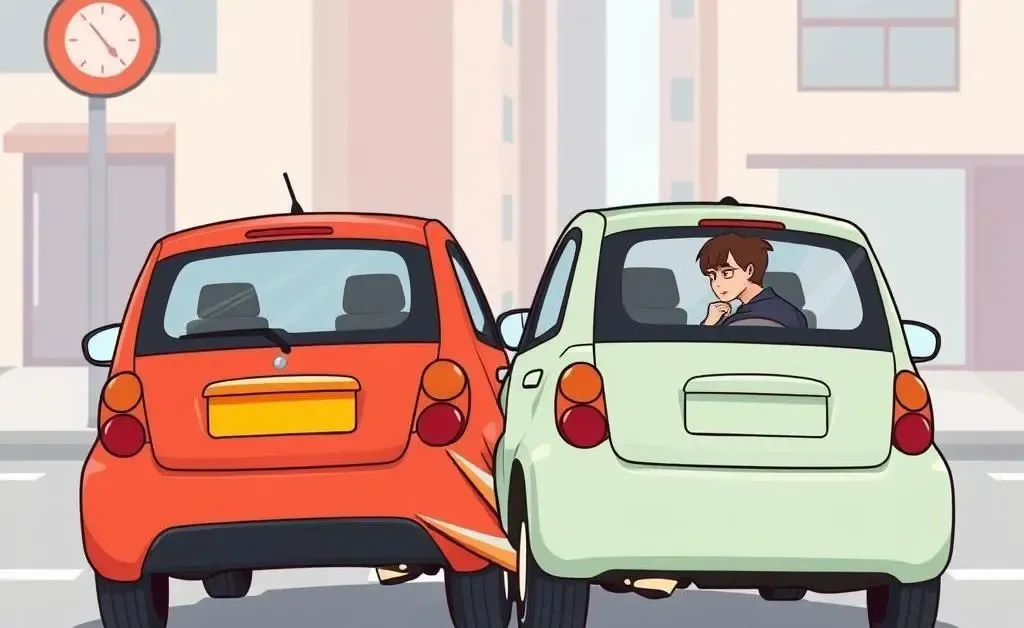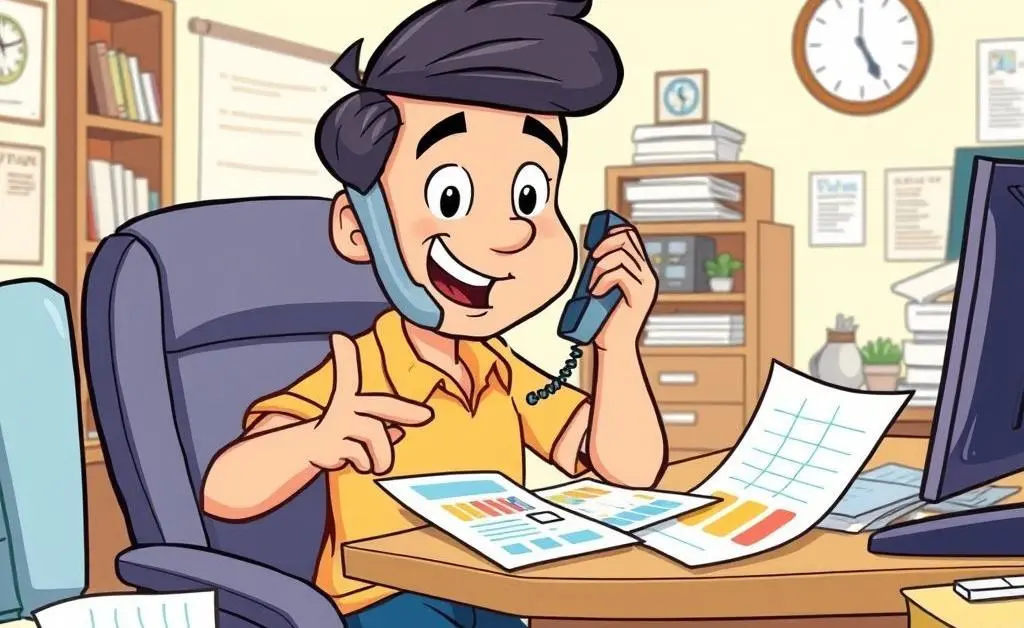What to Do When Your Car Is Rear-Ended: A Guide to Handling Insurance Claims
Navigating a rear-end collision insurance claim: tips and insights.

Have you ever wondered what really happens after your car gets rear-ended? It’s more common than you'd think. Being involved in a car accident, especially when you're not at fault, can feel daunting. But fear not! Let's explore the steps you should take to navigate through the insurance claims process smoothly.
Step 1: Assessing Damages Immediately
Right after the accident, once ensured everyone is safe, it's crucial to inspect the damages. A friend of mine, Jane, had her car rear-ended last year. She waited a week before getting a repair estimate and regretted the delay. By that time, her insurance company deemed some damages as being unrelated to the accident, complicating the claim process. Learning from Jane's experience, inspect your vehicle promptly and document everything.

Step 2: Contacting Your Insurance Company
Once you've assessed the situation, it's time to call your insurance provider. Here's what you should keep in mind:
- Have your policy number ready.
- Provide a detailed description of the incident.
- Take note of the claim number and your claim adjuster’s contact information.
Be specific and consistent with your story. This helps expedite the process and ensures there are no misunderstandings.

Step 3: Negotiating Repairs
Most folks assume that once the claim is approved, you're left waiting until a repair shop works its magic. In reality, you have a say in which shop repairs your car. Insurance companies might suggest certain shops, but it's your call! Negotiate and ask questions about repair timelines and quality of parts used.

Being Prepared for the Unexpected
Sometimes, delays in claims processing or repairs can happen. Be proactive in following up and don't hesitate to ask for updates. Persistence often turns a slow process into one that's a tad more efficient.
If you find the whole process overwhelming, it's sensible to arm yourself with knowledge on handling insurance claims or even consult a professional for complex cases. Prevention might be a myth for road accidents, but how you handle the aftermath is definitely under your control.
What experiences have you had with dealing with insurance claims? Any tips or stories to share that might help others in similar situations?




